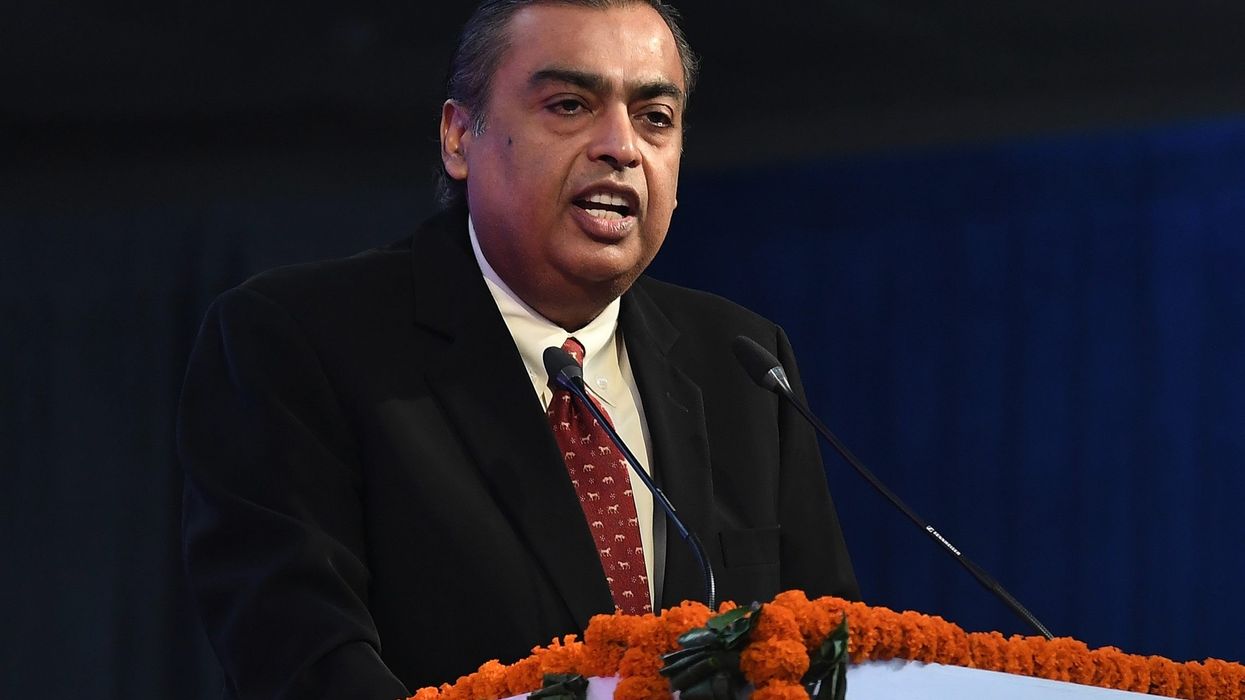RUSSIAN oil major PJSC Rosneft Oil Company is in early discussions with Reliance Industries to sell its 49.13 per cent stake in Nayara Energy, an Indian energy company that operates a 20-million-tonnes-per-year oil refinery and 6,750 petrol pumps, sources familiar with the matter said.
The deal, if finalised, would see Reliance overtake state-owned Indian Oil Corporation (IOC) to become India’s largest oil refiner. It would also provide Reliance with a significant expansion in fuel retailing, where it currently holds a relatively small presence.
The talks, however, are still at a preliminary stage and may not lead to a final agreement, primarily due to differences in valuation, according to three sources with direct knowledge of the matter.
Top Rosneft executives have visited India at least three times in the past year, including stops in Ahmedabad and Mumbai, to hold talks with potential buyers.
Rosneft is seeking to exit Nayara, which it acquired in 2017 (then Essar Oil) for approximately $12.9 billion (around £10.2bn).
Western sanctions have made it difficult for the Russian firm to repatriate earnings from its Indian operations. A suitable buyer, ideally with significant international revenues or foreign ownership, would be able to process cross-border payments more easily.
Reliance, a major exporter of petroleum products, fits that profile. However, a spokesperson for the company said: “As a policy, we do not comment on media speculation and rumours. Our company evaluates various opportunities on an ongoing basis.”
UCP Investment Group, a major Russian financial firm, which holds a 24.5 per cent stake in Nayara, is also looking to sell. The remaining shareholders include Trafigura Group (24.5 per cent) and a group of retail investors. Sources said Trafigura may also consider exiting the company if a deal is struck, possibly on the same terms.
Rosneft had initially valued Nayara at $20bn (approximately £15.8bn), a figure considered too high by most interested parties.
Adani Group declined the opportunity, citing both the high price and its existing agreement with TotalEnergies to limit future investments in fossil fuels.
Saudi Aramco has also expressed interest in Nayara, which would support its long-term goal of securing a downstream presence in India, the world’s fastest-growing oil market. However, Aramco too finds the valuation steep. Talks between Rosneft and Aramco reportedly have not advanced beyond initial engagement.
Nayara may make the most strategic sense for Reliance. The company already operates two massive refineries at Jamnagar, Gujarat, with a combined capacity of 68.2 million tonnes per year, located near Nayara’s facility in Vadinar. Acquiring Nayara would help Reliance surpass IOC’s total refining capacity of 80.8 million tonnes per year and significantly increase its retail footprint.
Nayara’s 6,750 fuel stations contrast sharply with Reliance’s 1,972 outlets in a market with over 97,000 petrol pumps. “Oil refining alone is not profitable — unless you have marketing, you can’t make money,” said one industry official.
While Rosneft has reportedly reduced its asking price to $17bn (around £13.4bn), the valuation remains a sticking point for interested parties. No formal offers have been announced, and Rosneft has yet to issue an official statement on the matter.
(PTI)





